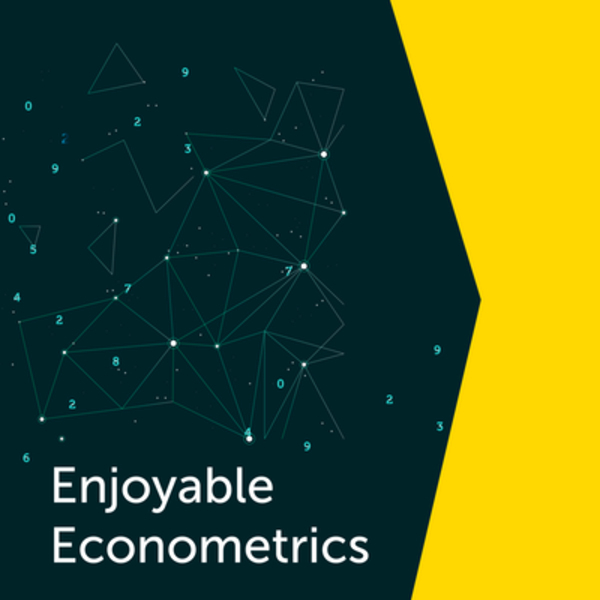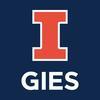Price:
3372 EUR
Contact
Erasmus University Rotterdam
Description
The goal of this MOOC is to show that econometric methods are often needed to answer questions. A question comes first, then data are to be collected, and then finally the model or method comes in. Depending on the data, however, it can happen that methods need to be adapted. For example, where we first look at two variables, later we may need to look at three or more. Or, when data are missing, what then do we do? And, if the data are counts, like the number of newspaper articles citing someone, then matters may change too. But these modifications always come last, and are considered only when relevant.
An important motivation for me to make this MOOC is to emphasize that econometric models and methods can also be applied to more unconventional settings, which are typically settings where the practitioner has to collect his or her own data first. Such collection can be done by carefully combining existing databases, but also by holding surveys or running experiments. A byproduct of having to collect your own data is that this helps to choose amongst the potential methods and techniques that are around.
If you are searching for a MOOC on econometrics that treats (mathematical and statistical) methods of econometrics and their applications, you may be interested in the Coursera course “Econometrics: Methods and Applications” that is also from Erasmus University Rotterdam.
Specific details
Category of Education
Business and Economics







 How to resolve AdBlock issue?
How to resolve AdBlock issue? 


Comments (0)